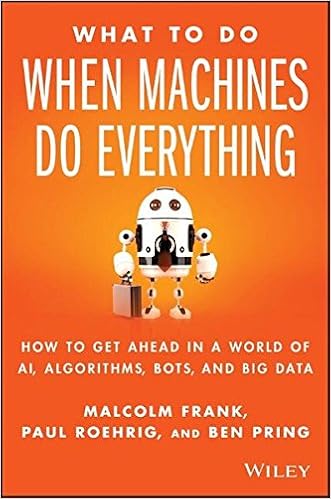Tom Lambert (Fellow of Sidney Sussex College, Cambridge), Law and Order in Anglo-Saxon England (Oxford Univ. Press 2017).
"The focus of the volume is on the maintenance of order: what constituted good order; what forms of wrongdoing were threatening to it; what roles kings, lords, communities, and individuals were expected to play in maintaining it; and how that worked in practice. Its core argument is that the Anglo-Saxons had a coherent, stable, and enduring legal order that lacks modern analogies: it was neither state-like nor stateless, and needs to be understood on its own terms rather than as a variant or hybrid of these models. Tom Lambert elucidates a distinctively early medieval understanding of the tension between the interests of individuals and communities, and a vision of how that tension ought to be managed that, strikingly, treats strongly libertarian and communitarian features as complementary."
—Publisher's description
Friday, April 28, 2017
Wednesday, April 26, 2017
Boundaries of Loyalty: Testimony against Fellow Jews in Non-Jewish Courts
Saul J. Berman (Yeshiva University), Boundaries of Loyalty: Testimony against Fellow Jews in Non-Jewish Courts (Cambridge Univ. Press 2017).
 "Talmudic legislation prescribed penalty for a Jew to testify in a non-Jewish court, against a fellow Jew, to benefit a gentile - for breach of a duty of loyalty to a fellow Jew. Through close textual analysis, Saul Berman explores how Jewish jurists responded when this virtue of loyalty conflicted with values such as Justice, avoidance of desecration of God's Name, deterrence of crime, defence of self, protection of Jewish community, and the duty to adhere to Law of the Land. Essential for scholars and graduate students in Talmud, Jewish law and comparative law, this key volume details the nature of these loyalties as values within the Jewish legal system, and how the resolution of these conflicts was handled. Berman additionally explores why this issue has intensified in contemporary times and how the related area of 'Mesirah' has wrongfully come to be prominently associated with this law regulating testimony."
"Talmudic legislation prescribed penalty for a Jew to testify in a non-Jewish court, against a fellow Jew, to benefit a gentile - for breach of a duty of loyalty to a fellow Jew. Through close textual analysis, Saul Berman explores how Jewish jurists responded when this virtue of loyalty conflicted with values such as Justice, avoidance of desecration of God's Name, deterrence of crime, defence of self, protection of Jewish community, and the duty to adhere to Law of the Land. Essential for scholars and graduate students in Talmud, Jewish law and comparative law, this key volume details the nature of these loyalties as values within the Jewish legal system, and how the resolution of these conflicts was handled. Berman additionally explores why this issue has intensified in contemporary times and how the related area of 'Mesirah' has wrongfully come to be prominently associated with this law regulating testimony."
—Publisher's description
—Publisher's description
Monday, April 24, 2017
What To Do When Machines Do Everything
Malcolm Frank, Paul Roehrig, & Ben Pring, What To Do When Machines Do Everything (Wiley 2017).
"What To Do When Machines Do Everything is a guidebook to succeeding in the next generation of the digital economy. When systems running on Artificial Intelligence can drive our cars, diagnose medical patients, and manage our finances more effectively than humans it raises profound questions on the future of work and how companies compete. Illustrated with real-world cases, data, and insight, the authors provide clear strategic guidance and actionable steps to help you and your organization move ahead in a world where exponentially developing new technologies are changing how value is created."
—Publisher's description
"What To Do When Machines Do Everything is a guidebook to succeeding in the next generation of the digital economy. When systems running on Artificial Intelligence can drive our cars, diagnose medical patients, and manage our finances more effectively than humans it raises profound questions on the future of work and how companies compete. Illustrated with real-world cases, data, and insight, the authors provide clear strategic guidance and actionable steps to help you and your organization move ahead in a world where exponentially developing new technologies are changing how value is created."
—Publisher's description
Subscribe to:
Comments (Atom)
